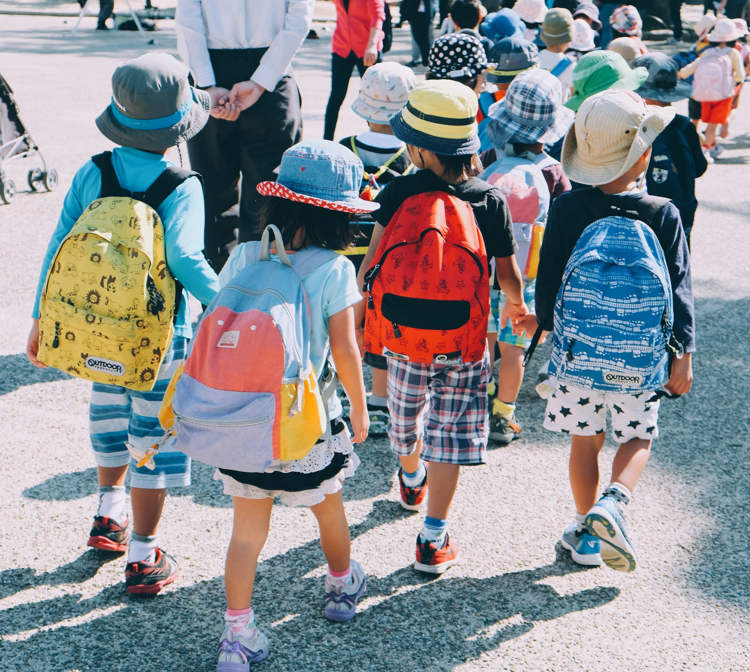
In Switzerland, some children begin school at age four, so it is not uncommon for them to still be wearing diapers (纸尿裤). However, they are not the problem that many teachers in the European country are reportedly facing these days. According to multiple sources, students as old as 11 years old are coming to school in diapers, and teachers are expected to clean and change them if necessary. Apparently, the problem has become widespread enough that one headmaster in Aargau is organizing events to inform parents that children have to be “dry” when they return to school after the summer holiday, while another school is putting out flyers (传单) to inform parents that teachers are not responsible for changing schoolchildren’s diapers.
“Parents have a duty to ensure that their school-age children no longer wear diapers,” Dagmar Rösler, President of the umbrella organization for teachers in Switzerland, said. “When 11-year-olds come to school in diapers, that’s a worrying development. Teachers are not there to change their students’ diapers. That is going too far.” Rösler pointed out the importance of distinguishing between children with physical problems and those impacted by psychological trauma (心理创伤), and emphasized teachers’ role in dealing with such problems. The latter should never blame the child, but instead, reach out to the parents, explain the situation and hold them responsible.
According to an article in the SonntagsZeitung, more and more parents of primary school children are putting out ads for diaper-changing staff, and the increase in sales of large diaper sizes in Switzerland is another worrying sign. “The diapers are becoming more and more comfortable and can be worn like normal underpants (内裤), this is how children are conditioned to the diaper,” educationalist Margrit Stamm warned, referring to parents who have their kids in diapers for long trips or when sleeping. “This is a completely wrong signal!”
1.What problem are the teachers facing in Switzerland?
A They don’t have enough clean diapers for their young students.
B They are expected to clean and change diapers for students.
C Headmasters are asking them to keep all the students dry.
D Parents complain them of not changing their children’s diapers.
解析:选B。B细节理解题。根据第一段的“According to multiple sources, students as old as 11 years old are coming to school in diapers, and teachers are expected to clean and change them if necessary. Apparently, the problem has become widespread ”以及“teachers are not responsible for changing schoolchildren’s diapers”可知,老师们面临需要为学生清洁和更换纸尿裤的问题。故选B。
2.What does Dagmar Rösler think teachers should do?
A Teach students how to change diapers.
B Pay attention to students’ physical health.
C Stop the students from wearing diapers.
D Ask the parents to take the responsibility.
解析:选D。D细节理解题。根据第二段最后一句的“but instead, reach out to the parents, explain the situation and hold them responsible”可知,Dagmar Rösler认为老师不应该责备学生,而应该跟家长沟通,让他们承担起应有的责任(教孩子使用厕所,而不是穿纸尿裤)。故选D。
3.What does the underlined part “conditioned to” mean?
A used to
B fed up with
C annoyed by
D prevented from
解析:选A。A词义猜测题。根据前面提到“The diapers are becoming more and more comfortable and can be worn like normal underpants”纸尿裤变得越来越舒适,可以像普通的内裤一样穿,因此孩子们越来越适应甚至依赖纸尿裤。故选A。
4.What do teachers think of 11-year-old kids wearing diapers to school?
A Relaxing.
B Shameful.
C Worrying.
D Surprising.
解析:选C。C推理判断题。根据第二段中的“that’s a worrying development”以及最后一段中的“another worrying sign”“This is a completely wrong signal”等可知,大童穿纸尿裤来上学让老师和教育专家感到担忧。故选C。